



BASc Degree highlights
Our 'Arts and Sciences: Interdisciplinary Problems and Methods' (BASc) is the first programme of its kind in the UK.
Undergraduate degree (BASc)
Leo laoreet eget scelerisque consequat viverra et tellus. Leo laoreet eget scelerisque consequat viverr.
September 2026
Leo laoreet eget scelerisque consequat viverra et tellus. Leo laoreet eget scelerisque consequat viverr.
3-years
Leo laoreet eget scelerisque consequat viverra et tellus. Leo laoreet eget scelerisque consequat viverr.
£9,275 / a year
Leo laoreet eget scelerisque consequat viverra et tellus. Leo laoreet eget scelerisque consequat viverr.
London
Leo laoreet eget scelerisque consequat viverra et tellus. Leo laoreet eget scelerisque consequat viverr.
Full-time
Leo laoreet eget scelerisque consequat viverra et tellus. Leo laoreet eget scelerisque consequat viverr.

Arts and Sciences: Interdisciplinary Problems and Methods (BASc)
Our undergraduates tackle complex, real-world problems by applying knowledge and skills from a range of subjects.
The problems our students tackle are complex in nature and require interdisciplinary solutions e.g. climate change, ethical AI, the future of cities, and social inequality.
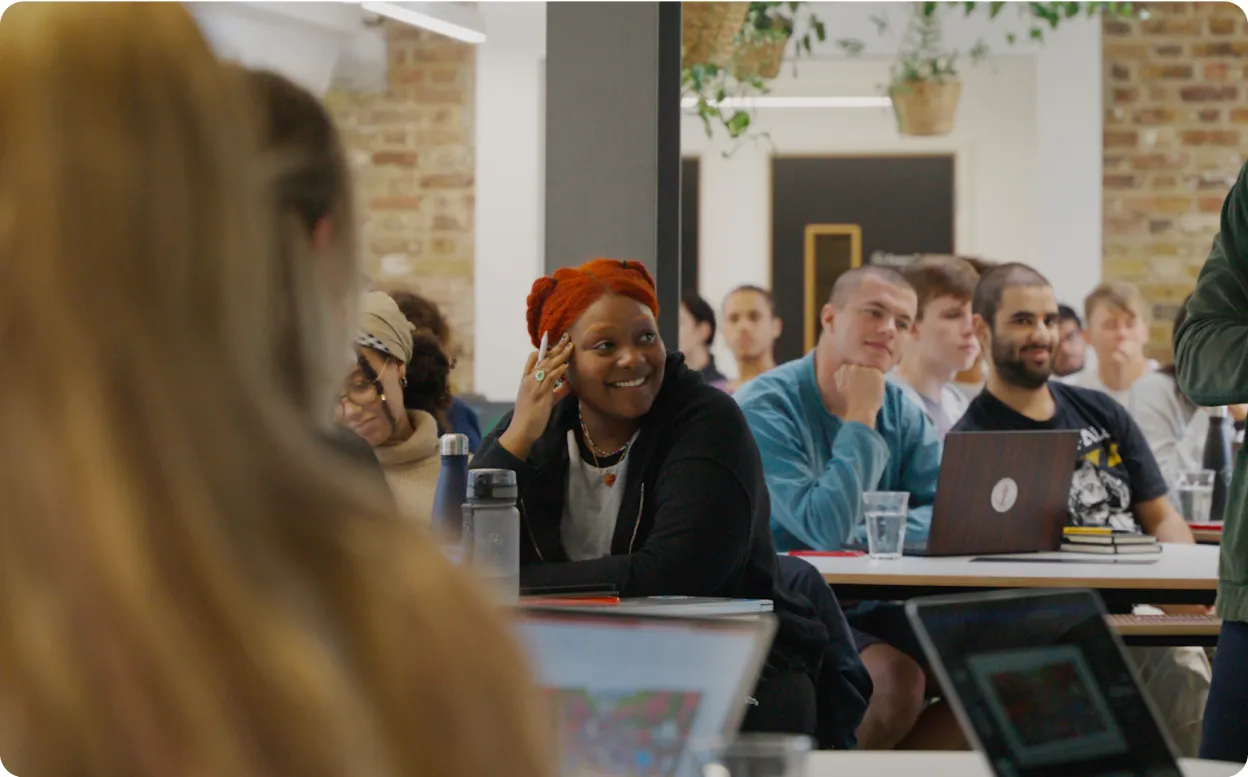
The core of our approach
At the heart of our BASc interdisciplinary degree you’ll find three things: complex problems, interdisciplinarity (many different subjects), and the opportunity to work with real organisations.
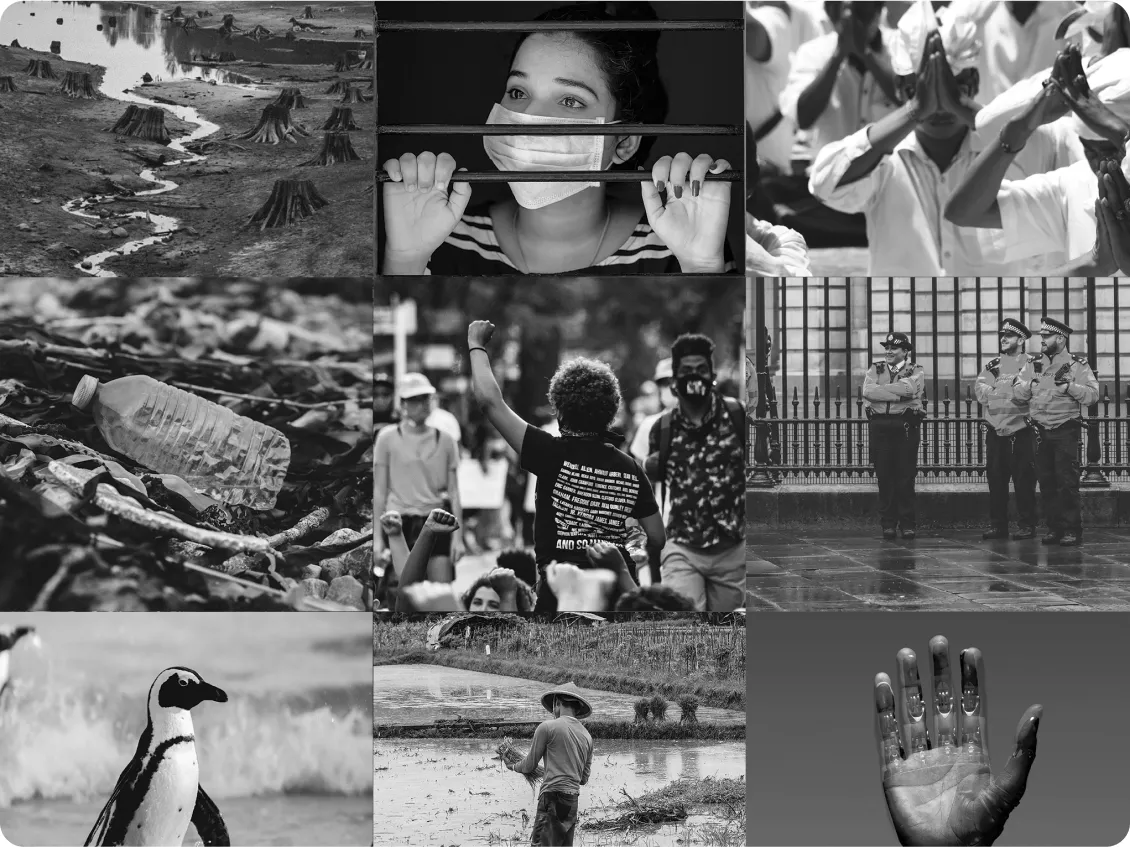

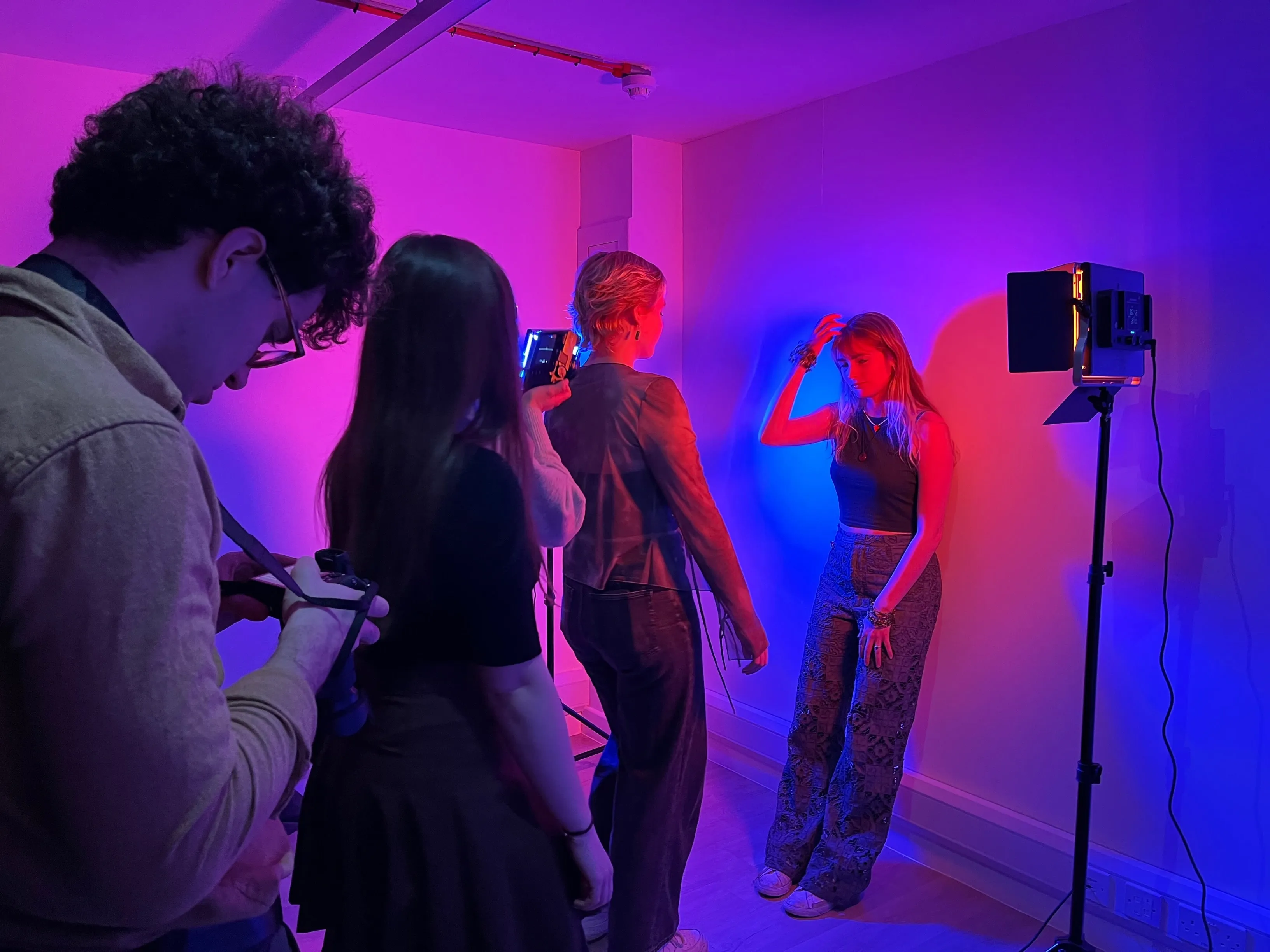
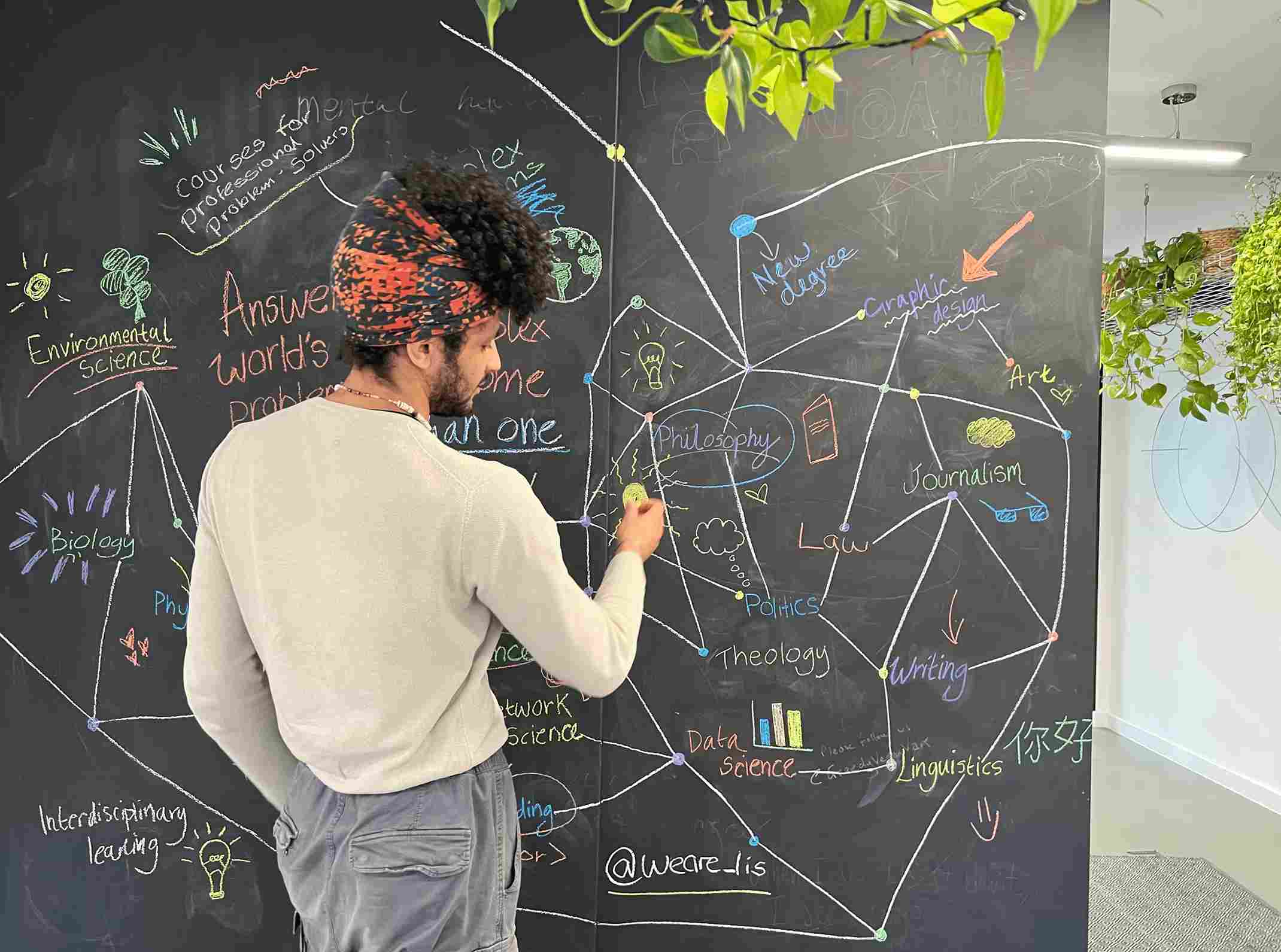
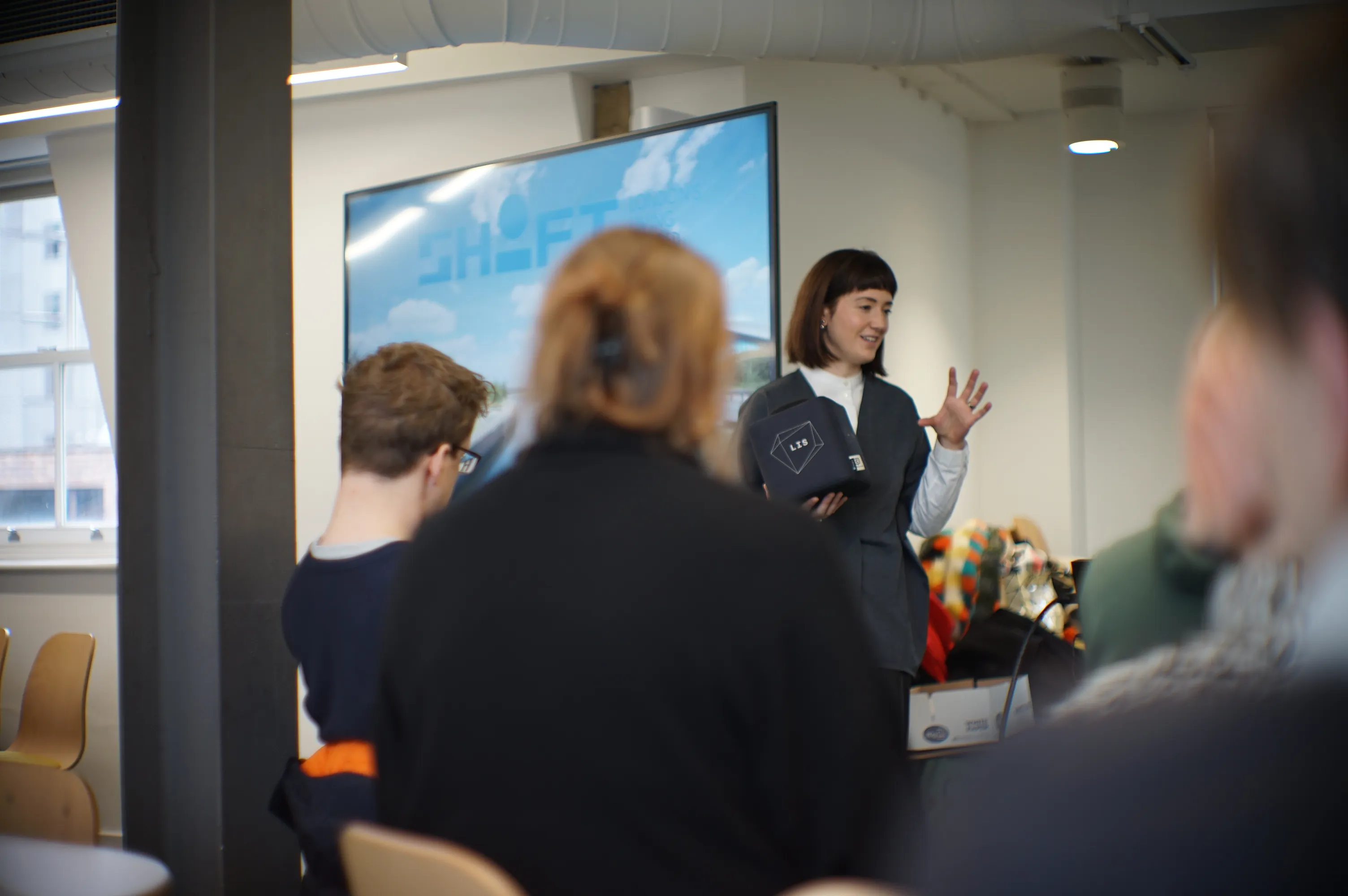
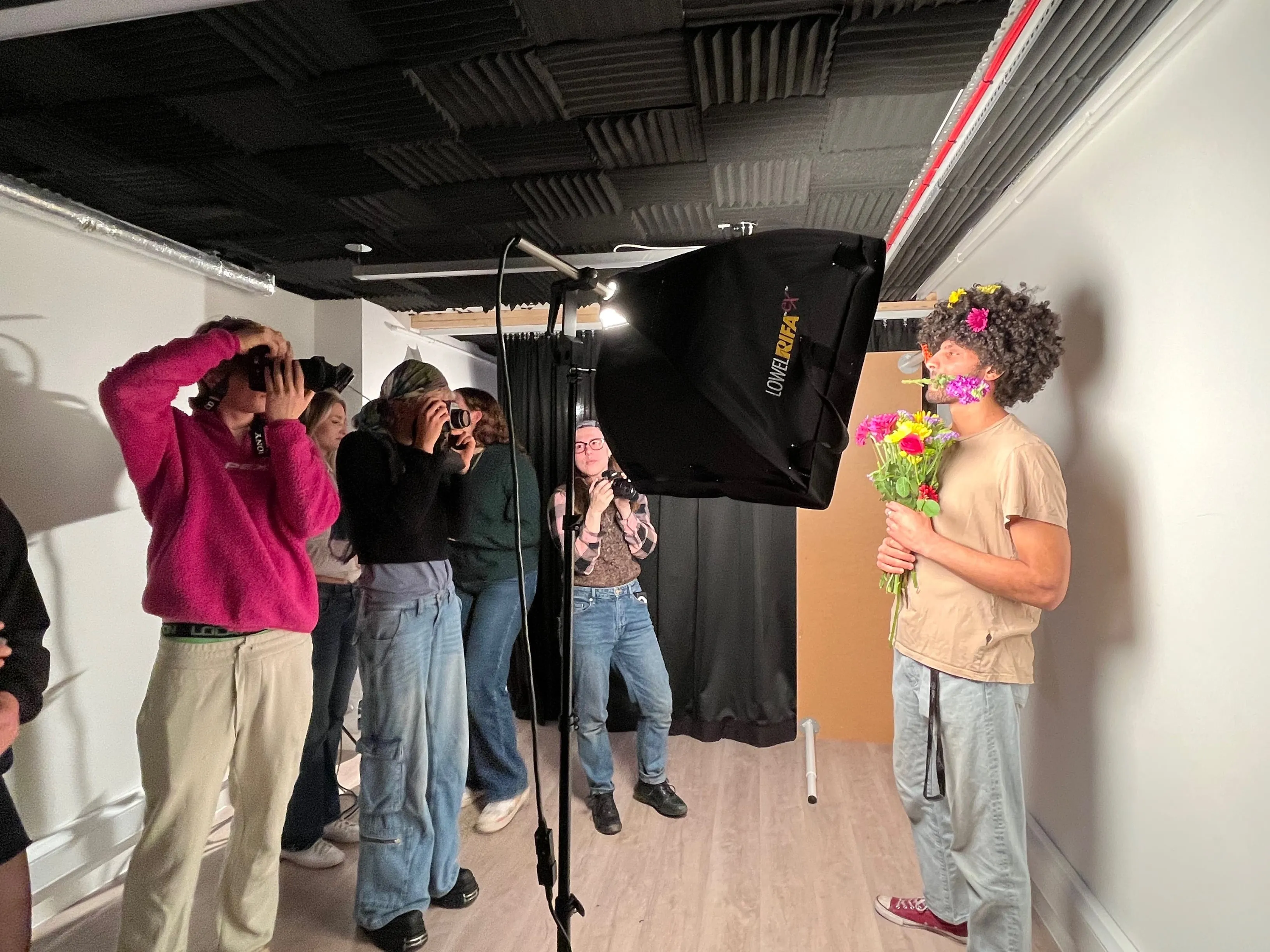

During their first and second year, students in good standing with the university can access LIS's internship programme for paid internships. Our internship programme places students in environments where they can apply their learning to complex problems in job settings.
Previous employer organisations include KPMG, Innocent Drinks, Fidelity International, Tech Nation, MTR Elizabeth Line, Texture AI, B Corp UK, Spitalfields City Farm, Making Design Circular, and the London Borough of Tower Hamlets.
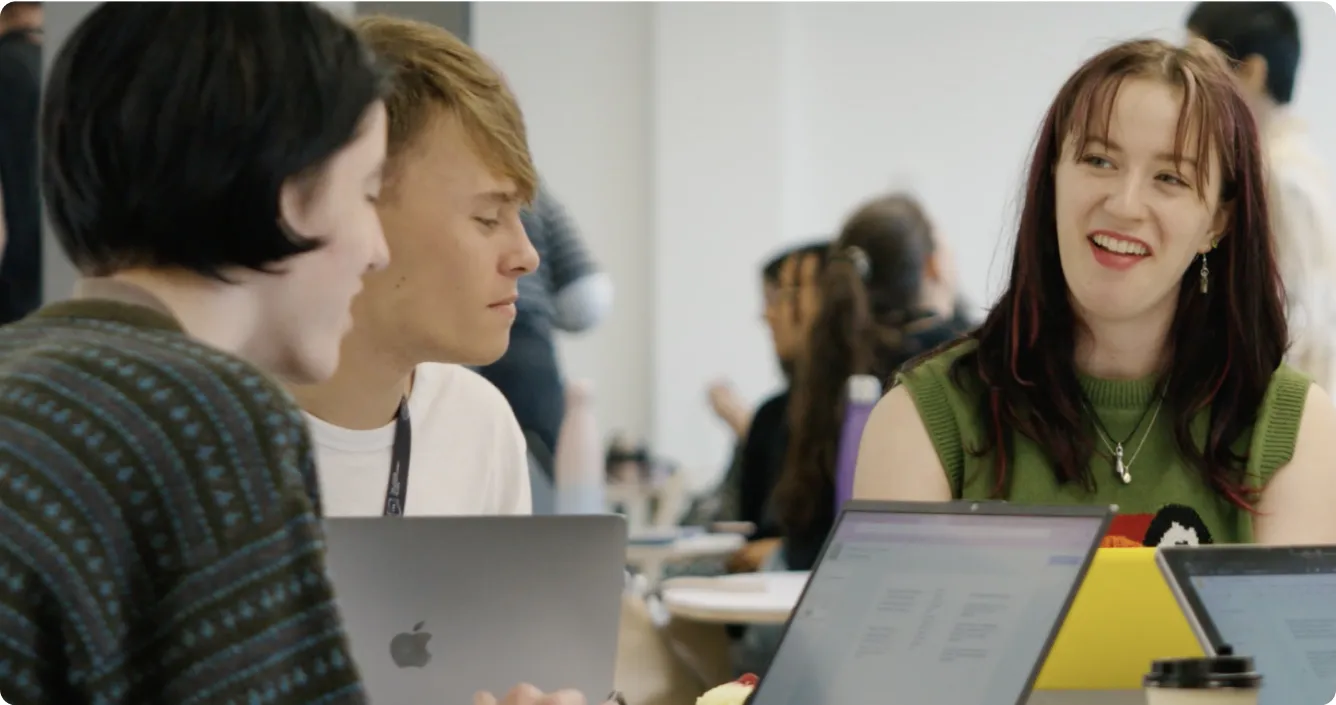

The curriculum
Throughout Year 1, you’ll gain key knowledge and skills from a diverse range of disciplines, with real-world problems acting as a framework for your thinking. You’ll build on this foundation in Years 2 and 3, becoming equipped with an increasingly sharp, interdisciplinary problem-solving toolkit.
.svg)
In this module, students practice applying an interdisciplinary approach to a complex problem – one where there is no agreed solution, and where people disagree even about the nature of the problem.Problems 1a focuses on problems of inequality, e.g. big gaps in wealth, income, housing, health or education.
Students study two different disciplinary perspectives e.g. Neuroscience (how our environment influences our brain development), Network Science (how people influence each other through social networks), Political Economy (how government policies and economic markets interact) and Linguistics (how the language shapes thought and behaviour).
Knowledge and skills:
- Epistemology (theory of knowledge)
- Problem-framing
- Pitching and public speaking
.svg)
This module introduces qualitative methods – tools for investigating aspects of the world that can’t easily be measured with numbers. Here, students focus on the difficulty in quantifying the emotional impact that a piece of writing or interaction with another person has on us.
How does it feel when you read something, or when you meet someone in a social setting? How and why does your reading or your encounter with that person have the impact that it does? This module provides ways of addressing these questions.
Knowledge and skills:
- Thematic analysis
- Close reading
- Participant observation
.svg)
Quantitative Methods 1a is a foundational module that sets the stage for LIS’ programme of quantitative (i.e., numbers-based) methods, introducing learners to numerical and quantitative thinking.
Students develop order of magnitude estimation techniques (making estimates and approximate comparisons) before introducing basic scientific literacy skills and formulating questions that can be tackled quantitatively. The second half of this course uses Excel and Python to visualise data and to develop statistical methods.
Knowledge and skills:
- Coding (Python)
- Experimental methods
- Fermi estimation
.svg)
This module builds on Problems 1a, introducing more concepts and skills that students can use to tackle complex problems. The problem area is global environmental change. Students work in groups to research a specific environmental and/or climate-related problem in their local area, in collaboration with a company, non-profit, or public sector institution.
They interview their ‘client’ about the different people and organisations involved, and then choose two disciplinary perspectives from four (currently Environmental Studies or Materials Science, and Politics or Law) to explore their research questions and write a consultancy report.
Knowledge and skills:
- Drawing and understanding connections
- Working with external organisations
- Stakeholder mapping
.svg)
In Qualitative Methods 1b: Images and Systems, students explore visual language as a process that has multiple dimensions. The module starts by mapping information through mind maps and feedback loops. Students then learn to read the visual world by discussing and analysing images, before learning how to create them through photography and videography.
This module gives students skills for exploring forms of thinking that bring visual phenomena to the fore. Students will finish the module knowing how visual entities can be taken as structures for recollection, mapping, analysis, and even intervention on the world.
Knowledge and skills:
- Information mapping
- Photography
- Videography
.svg)
The title of the course has two meanings. The first is that students will learn think about data: to analyse, summarise, and plot data – to find patterns and draw conclusions. We ask students to think about what the data means, how it could deceive, and how to avoid drawing the wrong conclusions.
The second meaning is using data to help you think. Students learn how to use data to think through the deep ideas of probability and uncertainty in evidence. On this journey, students will get an introduction to new approaches in data analysis, (“data science”) and start to learn about data science techniques such as machine learning
Knowledge and skills:
- Data science
- Statistics
- Machine learning
.svg)
Problems 1c is the culmination of the first year, building on concepts and methods learned in all modules so far. Students still study a complex problem, but this time they choose it. They then design and develop an individual project under the guidance of a member of the faculty.
The result is a written study plus a visual or video product that presents the results of the study to all interested people, inside and outside of LIS. Problems 1c helps students to take stock of the progress they have made in their first year, and develop personal skills through planning, research, independent learning, networking, and initiative.
Knowledge and skills:
- Project management
- Independent research
- Networking
.svg)
In Problems 2a, you’ll learn to think critically about technological innovation and contested developments. To do so, you’ll learn concepts from Legal and Political Theory, Data Studies, Technology and Culture Studies, and the Philosophy of AI.
This year's problem statement concerns the UK's approach to the regulation of artificial intelligence. Students will learn about “solutionism,” and will be encouraged to think critically about quick fixes to problems and evaluate the UK government's approach to the regulation of AI, using the concepts learnt in this module.
Knowledge and skills:
- Technology ethics
- Legal and Political theory
- Data studies
.svg)
How can design support communities in times of rapid change? In this module, you’ll use design-thinking to create practical, user-centred solutions that improve wellbeing, strengthen cohesion, and reimagine public services and systems. You’ll explore how academic research, design, and policy can empower communities and set the conditions for positive, sustainable change.
Knowledge and skills:
- Design thinking
- Community engagement
- Policy innovation
.svg)
This module gives you the tools to think across disciplines and tackle complex problems in new ways. You’ll explore the foundations of interdisciplinarity and learn how to apply conceptual frameworks that help make sense of systems, connections, and big challenges. It builds directly into later modules, preparing you to use mixed methods and interdisciplinary approaches with confidence.
Knowledge areas:
- Systems thinking
- Conceptual frameworks
- Creative problem solving
.svg)
In Problems 2c, you'll bring together some of the Qual and Quant methods you have learnt in the second year and apply them to a complex real-world problem of your choosing. You'll start by reviewing what is known about the problem in different disciplines, and then bring together at least two different approaches in one ‘mixed methods’ study.
You'll also produce a short video or podcast excerpt to share your findings or outputs with a named professional audience of your choice. The video option allows for a lot of flexibility, from an animation or documentary, to showcasing a design, prototype, or series of artistic works.
Knowledge and skills:
- Independent study
- Mixed methods research
- Professional communication
.svg)
Across the year, you will be able to select 3 methods from across the qualitative and quantitative methods options, of which one must be quantitative, and one must be qualitative. These electives will allow you to shape the direction of your learning by allowing you to build on existing skills or explore completely new methods.
Below is an example list of electives students can choose from. These may change year-to-year depending on availablility.
What do you do when you write? You think on paper, digitally or otherwise. Writing up thoughts in the form of an argument results in better communication. Writing can be done in many ways, so different styles are often associated with different forms of thinking and doing. Thinking (writing) like a philosopher is not the same as thinking (writing) like a poet, or an architect.
In this module, we ask questions of interdisciplinarity by examining interdisciplinary thinking in the context of writing. We do this by focusing on one interdisciplinary kind of writing: manifesto writing. Some manifestos have the power to mix styles much in the same way as cross-disciplinary knowledge has the power to make us see things in new ways.
Knowledge and skill:
• Writing and communication
• Critical thinking
• Argumentation and storytelling
Starting with a recap of pre-calculus ideas, you will develop an understanding and fluency in the use of single-variable calculus techniques. This is the branch of mathematics that deals with the study of functions and their rates of change, which includes a mixture of analytical, numerical, and computer algebra tools.
You will learn to use differential equations to model real-world problems, e.g. disease spread, climate and energy. This includes learning the numerical techniques for solving differential equations and creating computer simulations. The end of the module is devoted to student-led projects culminating in a computational essay.
Knowledge and Skills:
• Dimensional analysis
• Calculus• Mathematical modelling
• Differential equations
• Computer simulations
Why is climate cooperation so difficult? How do companies set prices? What’s the best strategy in an auction, or in politics? This module introduces game theory as a way to understand and navigate strategic decision-making. You’ll explore famous examples like the prisoner’s dilemma and the tragedy of the commons, while applying these ideas across economics, politics, social science, and biology.
Knowledge and skills:
- Mathematical modelling
- Decision-making frameworks
- Strategic thinking
- Mechanism design
This module provides you with methods used to collect, understand, interpret and create images. You’ll explore how images create meaning — images do not exist in isolation — by gathering visual information (recollection methods), creating an archive (analytic methods) and via your own creative research.
You’ll develop skills in camera (visual diaries), photogrammetry (the science of making reliable measurements through photographs), archival practices, collage, and creative research. This toolkit enables you to craft your own visual narratives: communication and interpreting the visual aspects of your wider world.
Knowledge and skills:
• Photography
• Curating and archiving
• Creative research methods
How does your phone predict the word you’re going to use next? How might we decode an alien signal if we received one? How can we figure out when documents share topics and when they don’t? This module teaches you how to analyse language at speed and scale using libraries in the Python programming language.
You’ll earn how to obtain large samples of language data and extract non-obvious insights from them. You’re also exposed to the basic principles of machine learning with language. At all points, you’re encouraged to use NLP in an interdisciplinary way to add to your learning in other modules.
Knowledge and skill:
• Natural Language Processing (using Python)
• Linguistics
• Data analytics
Design offers creative ways to tackle complex, often ill-defined problems. In this module, you’ll explore design mindsets and methods from graphic, product, speculative, and strategic design, applying them to real-world contexts such as industry, services, and urban planning.
Alongside practical skills, you’ll critically engage with contemporary debates including decolonisation, design justice, and inclusive design, while developing design as a tool for enquiry, collaboration, and communication.
Knowledge and skills:
• Design principles
• Empathy mapping
• Prototyping
• Ideation
This module uses the computer as a powerful tool to implement and explain the ideas we need for sound conclusions from noisy and complex data. You’ll add to your knowledge from your first year to build computational models that allow us to explain relationships with data, and to predict new data.
You’ll focus on “machine learning” approaches to data as they are increasingly dominant across academia, industry, law, and government. You’ll learn to understand these methods in order to understand and criticise their output and to build effective models of your own.
Knowledge and skills:
• Data science
• Modelling
• Machine learning
This module develops your ability to use qualitative methods to investigate the social world and tackle complex problems. You’ll build on earlier learning by exploring both the practical application of methods and the theoretical foundations that make them a rigorous scientific approach. By the end, you’ll have the confidence to apply qualitative research to your own projects at an advanced academic standard.
Knowledge and skills:
• Research design
• Critical analysis
• Data interpretation
.svg)
This module builds on other modules on the course, depending on the project in question and the knowledge and skills in quantitative and qualitative methods acquired up to the point of starting the capstone project. The primary mode of teaching is through supervision, and therefore this module also provides an experience of an extended supervision process.
Through this module, you will practice how to initiate and carry out an extended interdisciplinary research project and (where appropriate) how to undertake original research. You will consolidate your interdisciplinary research and problem-solving skills through the evidencing of sophisticated and correct research practice, academic conventions (such as sourcing, referencing etc) and communication. You will also consolidate a sophisticated understanding of the ethical issues that may underlie any extended research or other project.
.svg)
In year 3, you’ll choose 5 options from a selection of modules, with at least 1x quantitative and 1x qualitative method included in your curriculum. You’ll also explore mixed methods in more depth. These final modules will help shape your Capstone Project.
The qualitative methods in Year 3 will directly support your research for your capstone project by providing advanced and immersive training in qualitative research strategies and techniques.
You’ll choose at least one and up to four qualitative and visual methods module.
Example modules:
- Visual and Creative Methods
- Thinking Through Writing
- Applied Ethnography, Practical Ethics
- Qual Social Sciences Research Methods
- Communities & Campaigning
The quantitative methods in Year 3 will directly support your research for your capstone project by providing advanced and immersive training in quantitative research strategies and techniques.
You’ll choose at least one and up to four quantitative methods modules.
Example modules:
- Data Science and Machine Learning in Practice
- Intermediate Quantitative Modelling
- Advanced Quantitative Modelling
- Engaging Complexity
- Strategies and Games
.svg)
Bringing together your work in different methods in both Year 1 and 2, this module extends your understanding of what it means to select and implement a range of methods for tackling a challenge. This module prepares you well for many master’s degree programme, as well as research in business, the public sector, and more.
We reserve the right to not run a module if there is insufficient student interest.
The content of our modules is subject to change as we revise our modules each year depending on student feedback, developments in the field, and the complex problems of the modern world. To gain a degree in the UK you must pass a certain number of credits in each year of the degree. Each module is given a credit, which you are awarded when you pass each module at assessment.

Fees and funding
Find out more about our course fees, financing options, and support available through bursaries and grants.
These are the fees for the 2026/27 academic year

"It is so cliché but find comfort in discomfort. Don’t limit yourself to anything as that’s where you will find yourself growing!!"
Here from students on life at LIS, finance, course work, and more.
Admissions timeline

14th of Jan 2026

July 2nd 2026

5th of July 2026

28th of Sept 2026
Our admissions process looks a little different to that of a traditional university. We think that’s a good thing.
.svg)
Study a year abroad
Between your second and third year, you can choose to study abroad for a full academic year. Spend time immersed in one of our partner universities and return with new perspectives, networks, and experiences that shape your degree in interdisciplinary.
Current destinations include Singapore Management University, Utrecht University and The University of Amsterdam in the Netherlands, and emlyon business school in France.








.svg)
%20square%202.webp)
.svg)
.png)
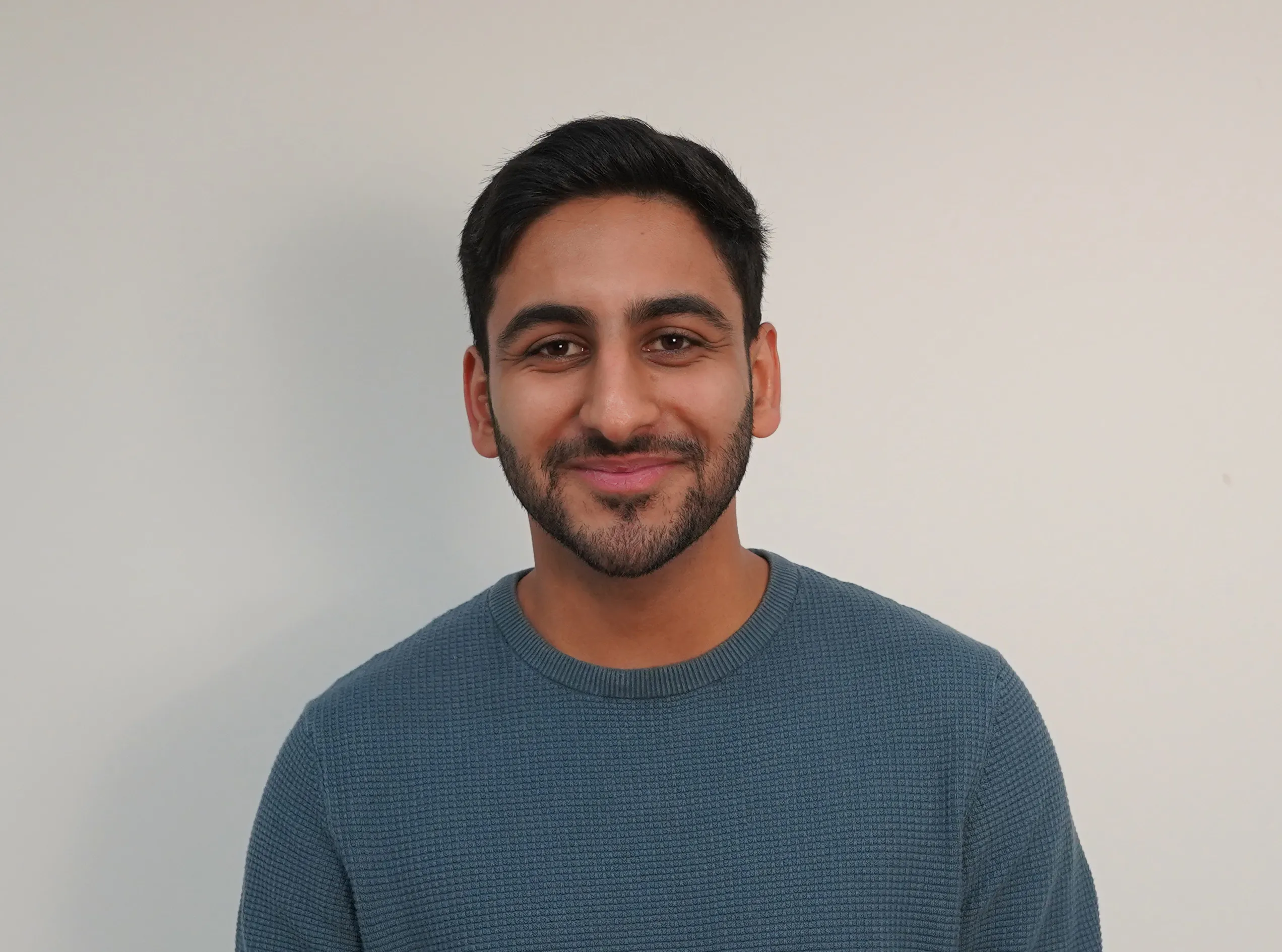
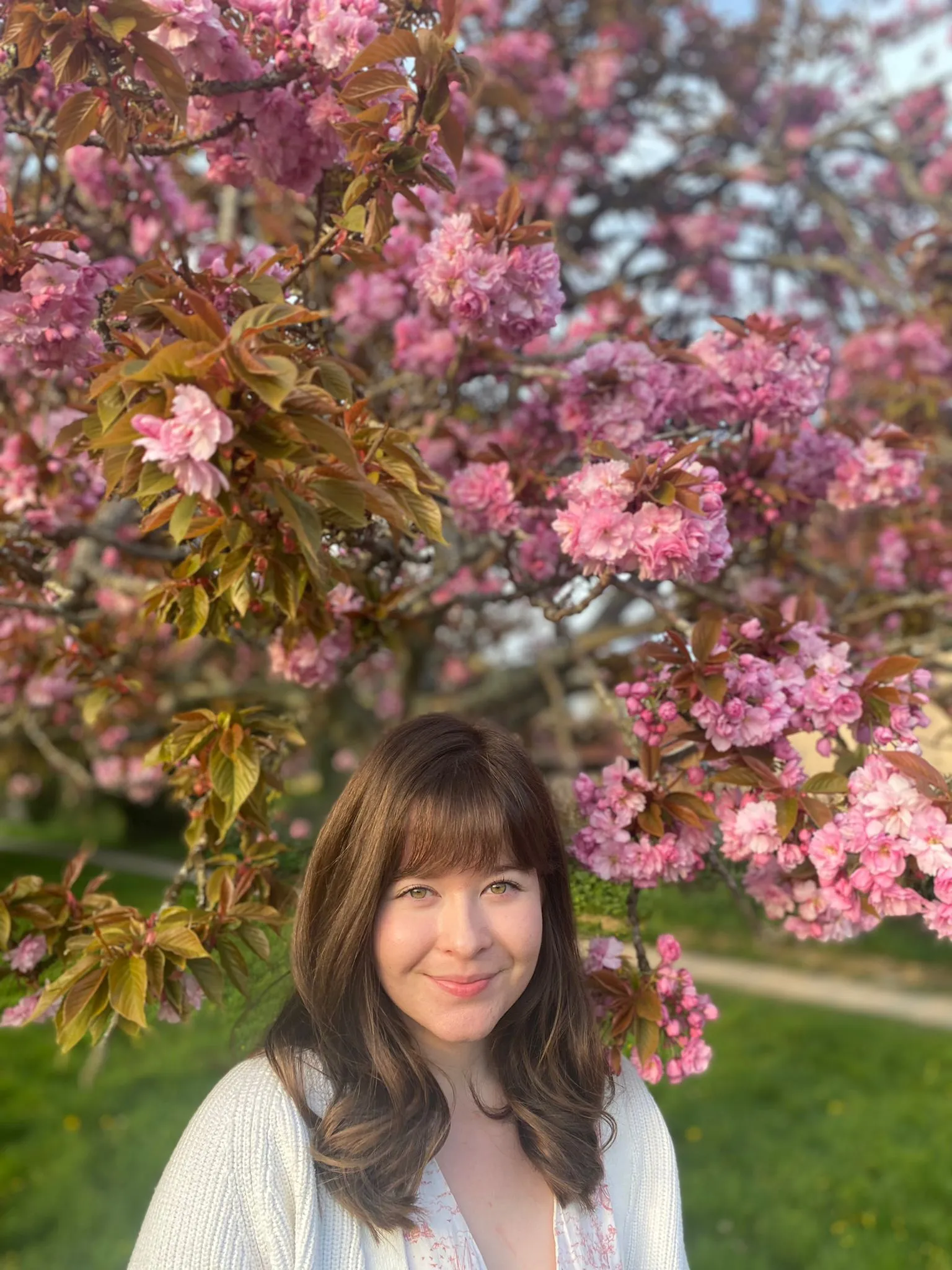
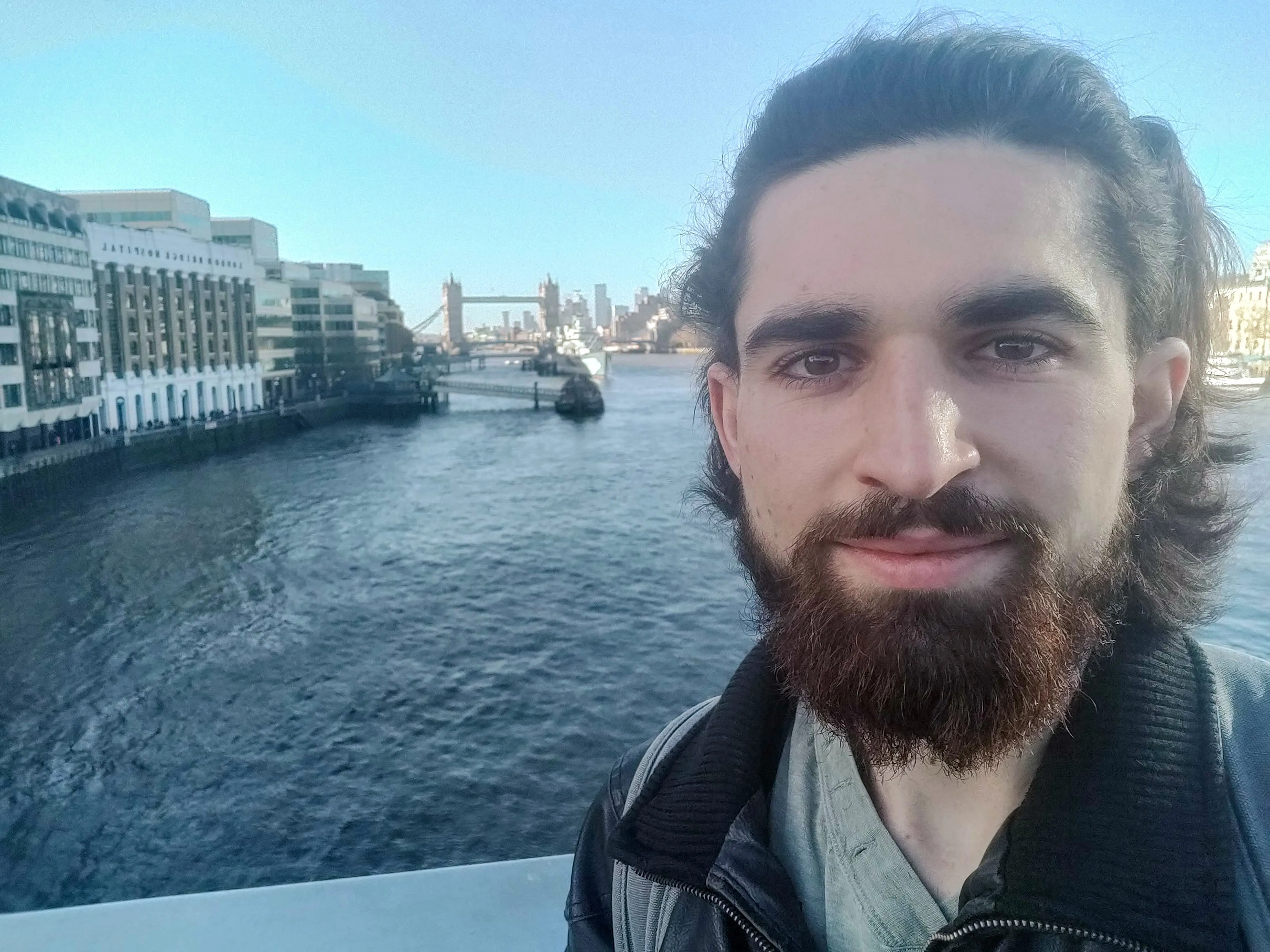

.svg)


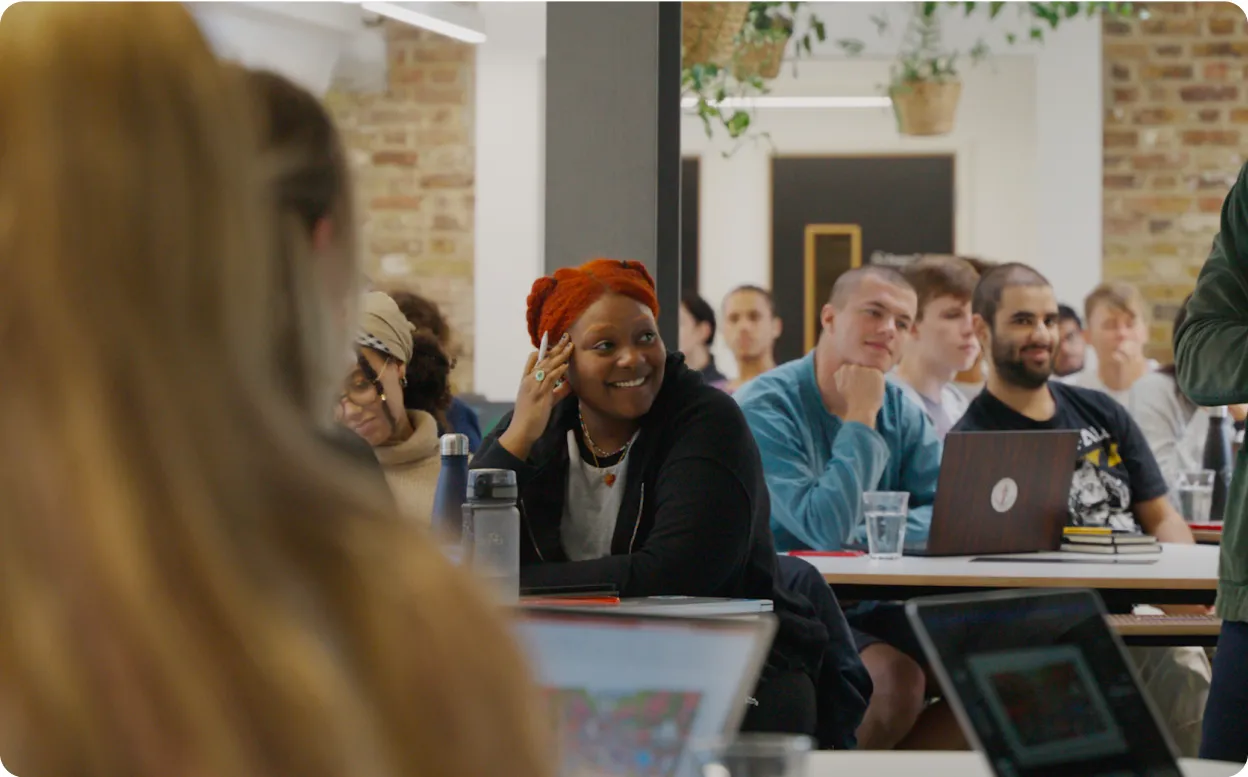
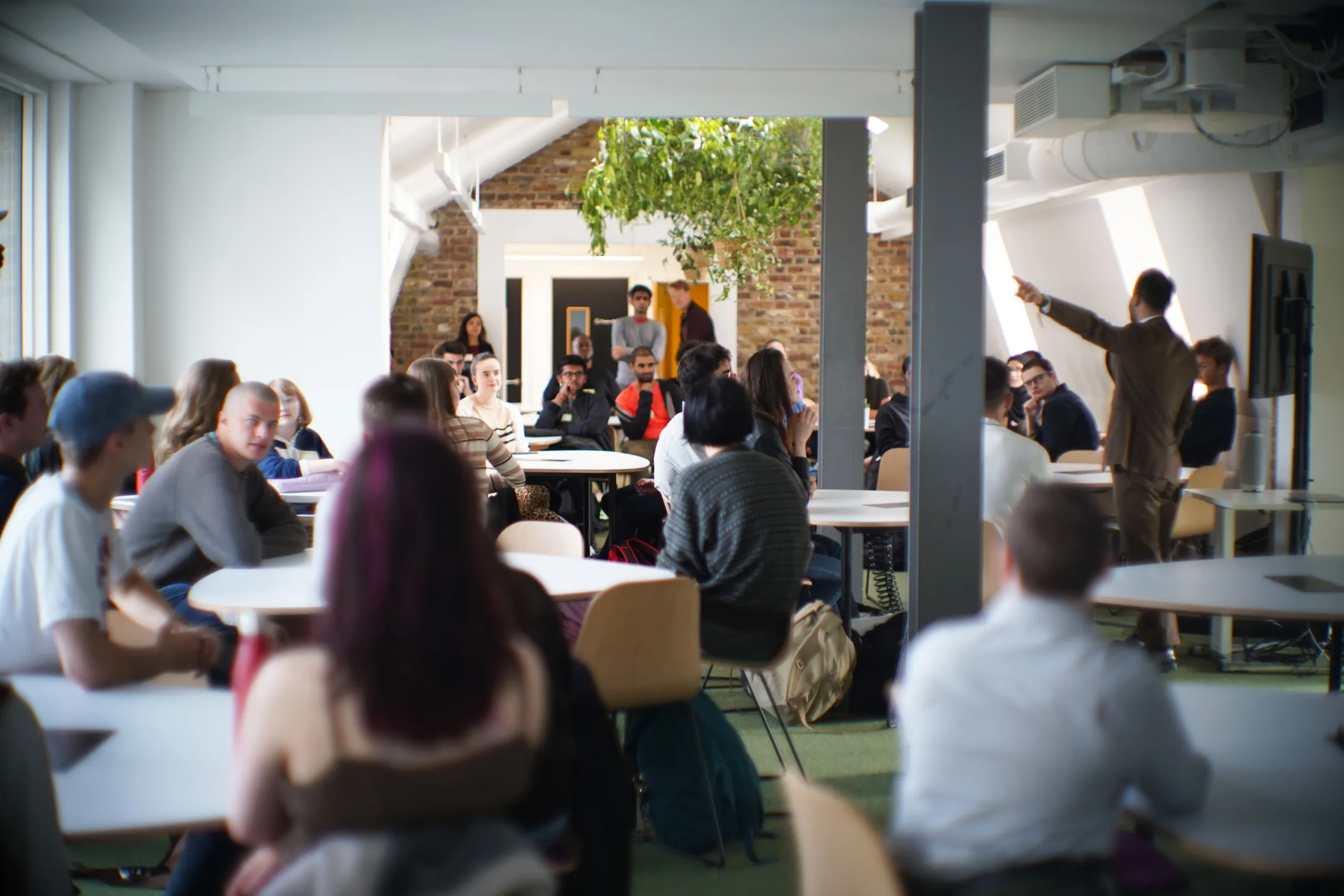
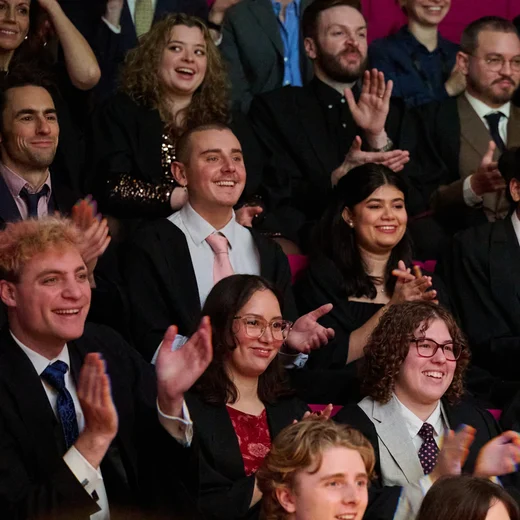


.svg)
































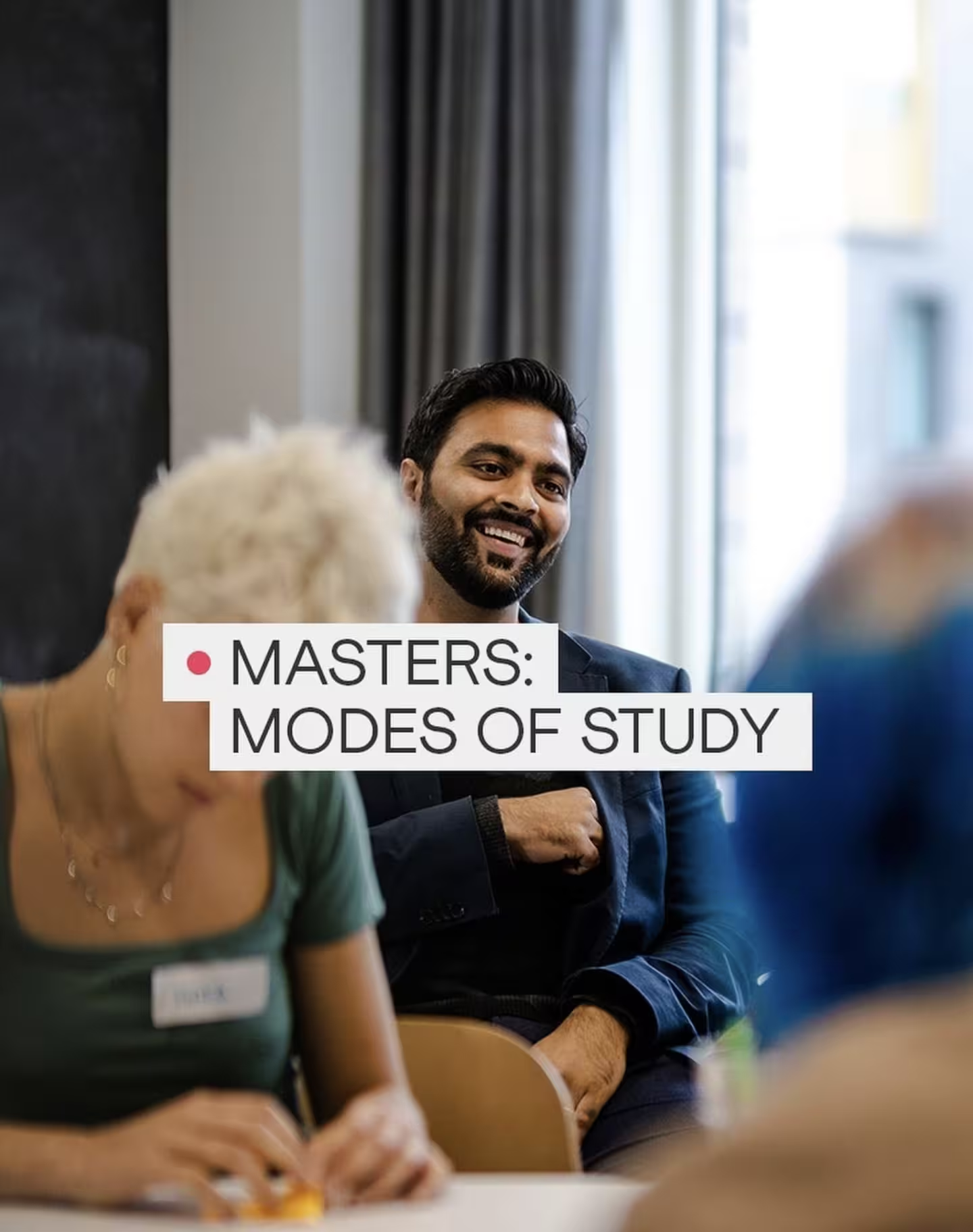
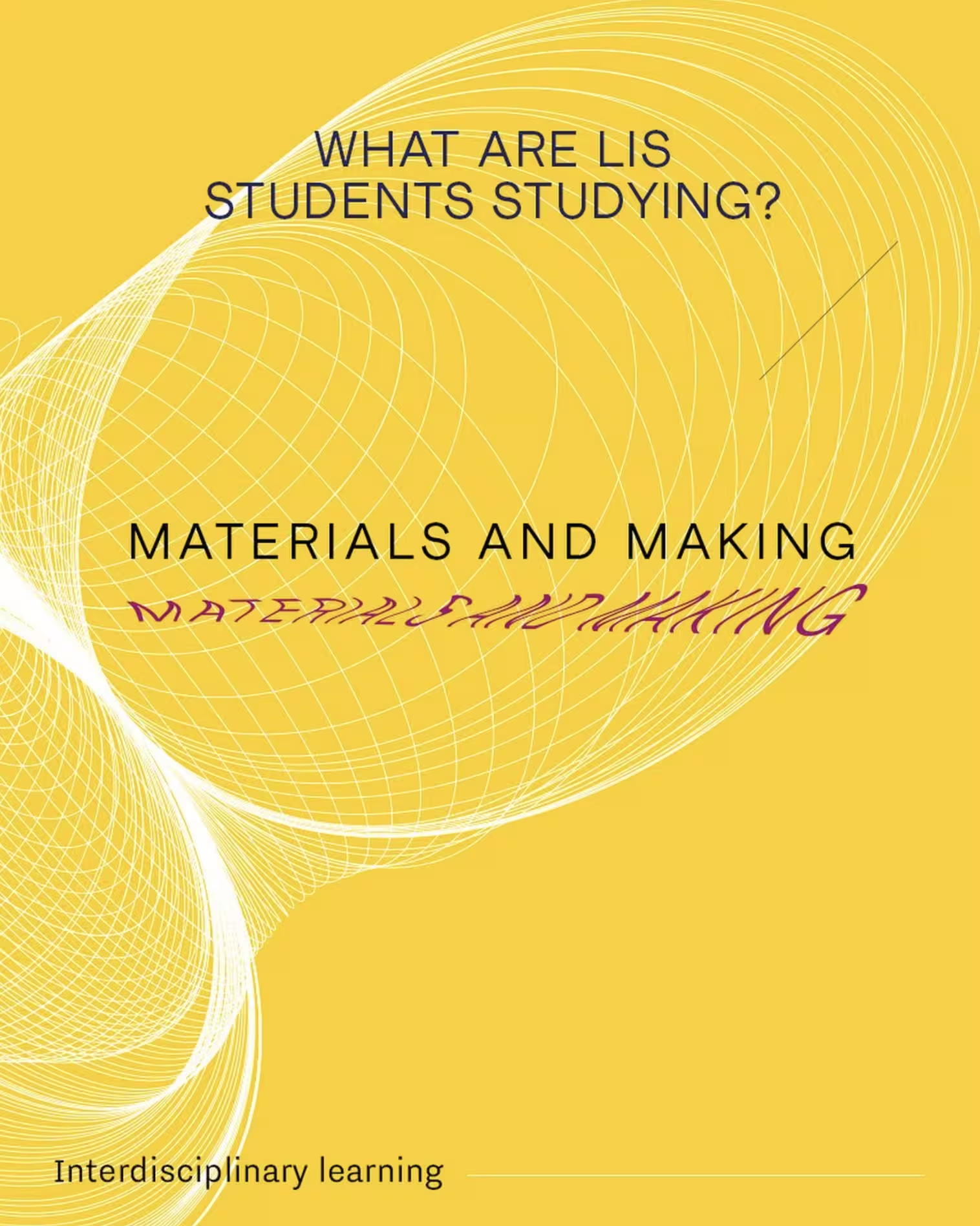
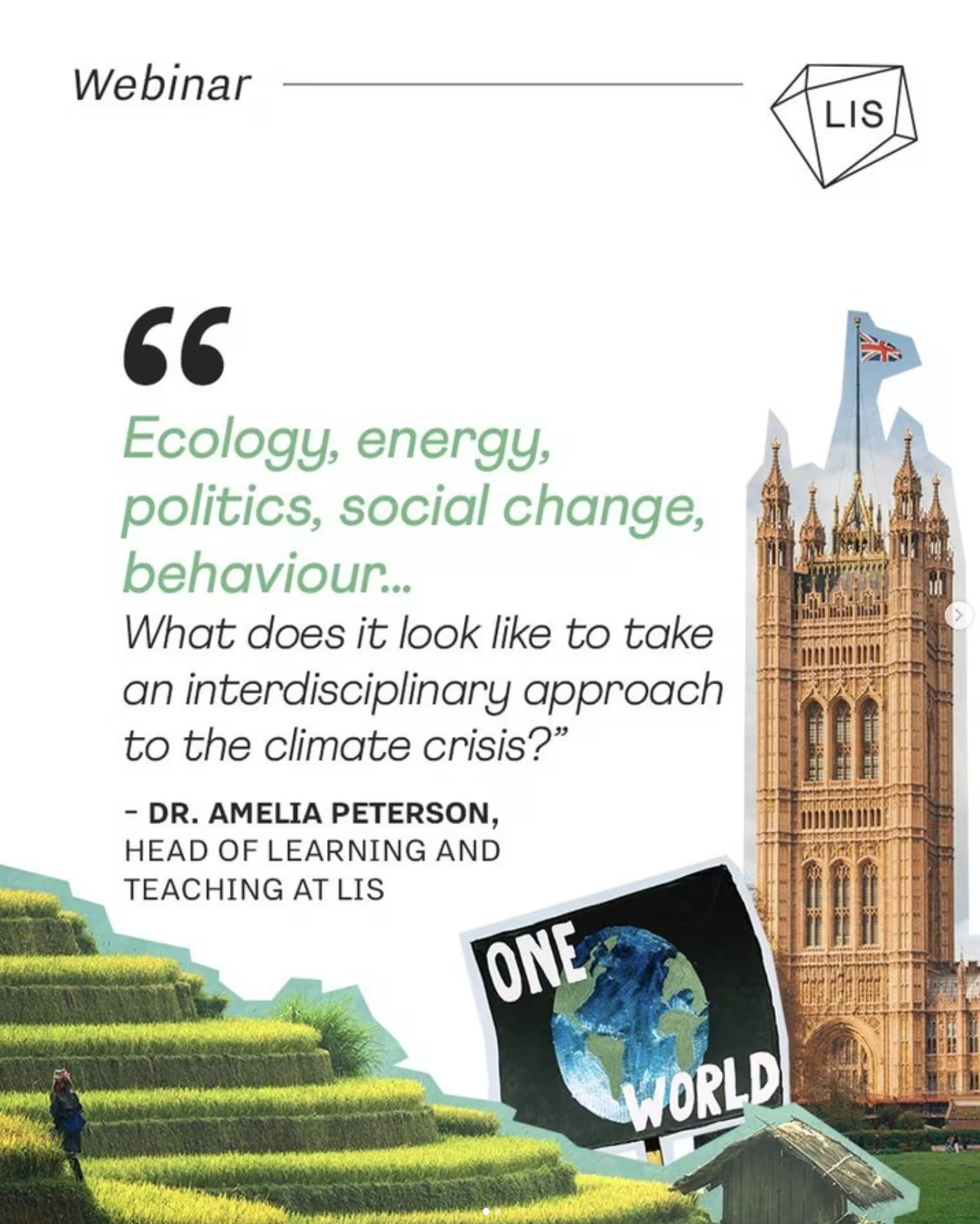






.svg)
